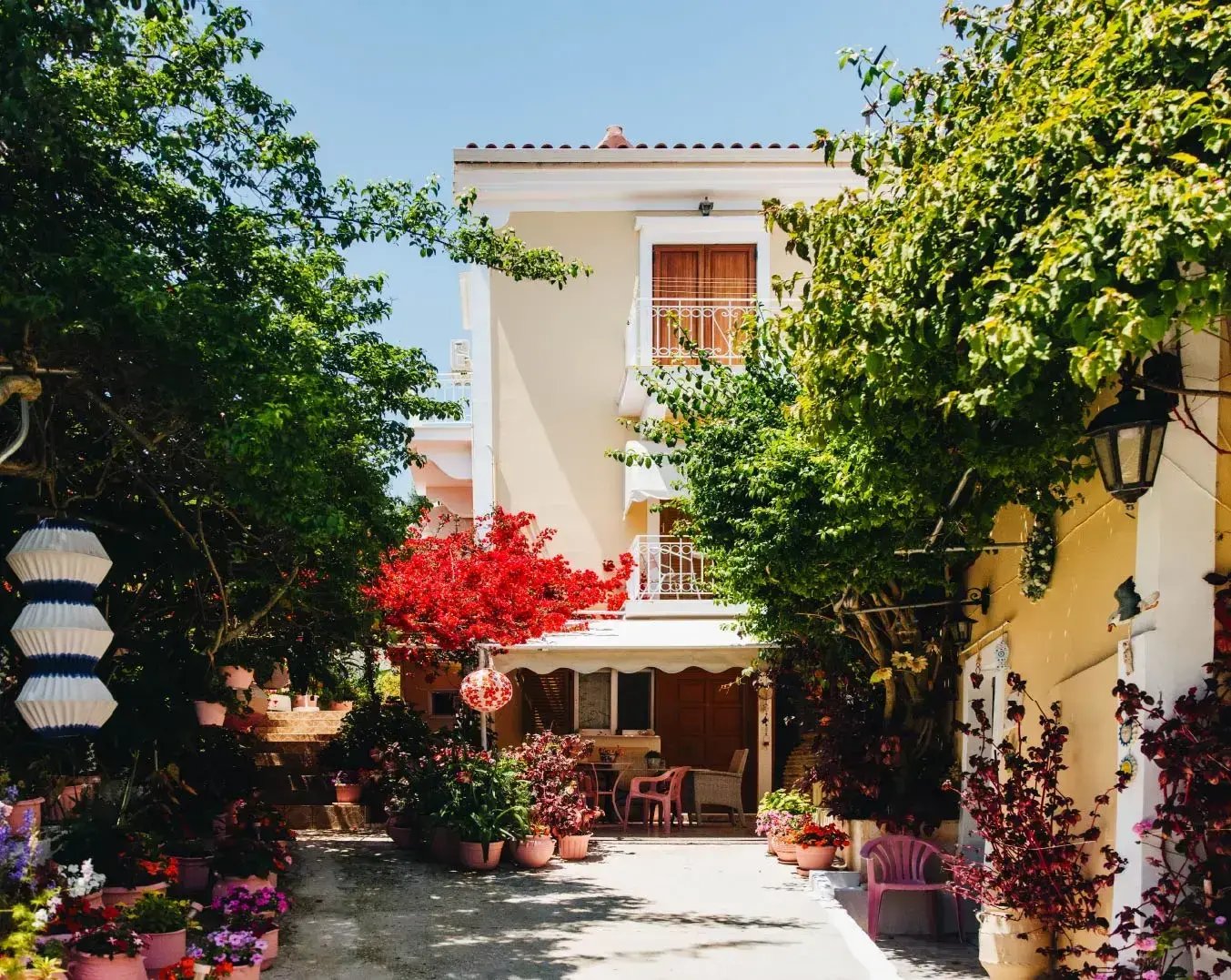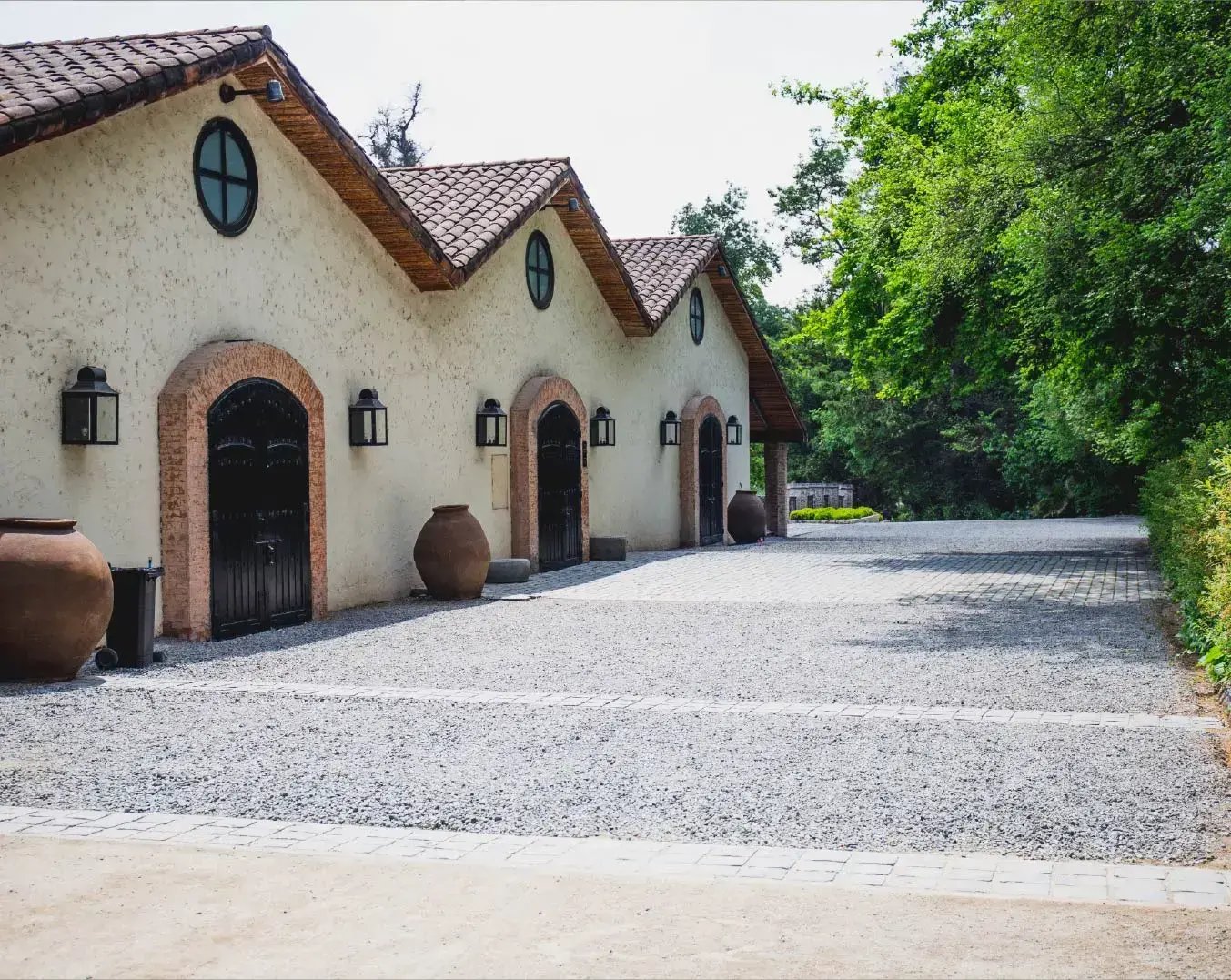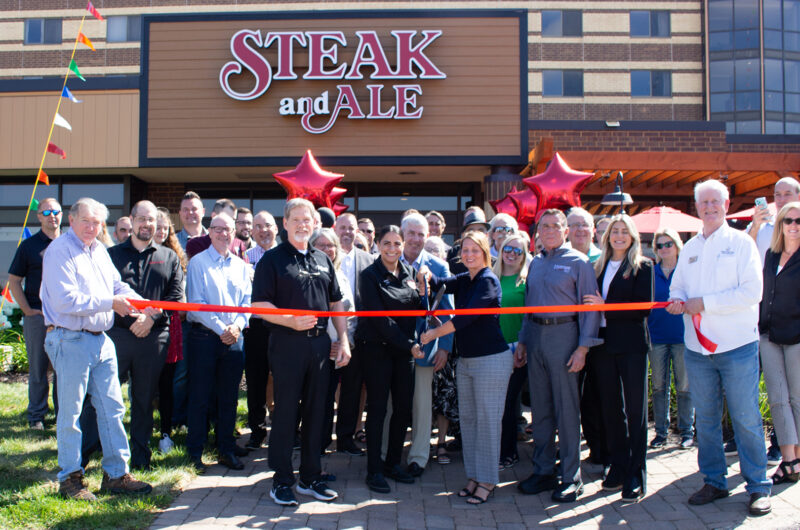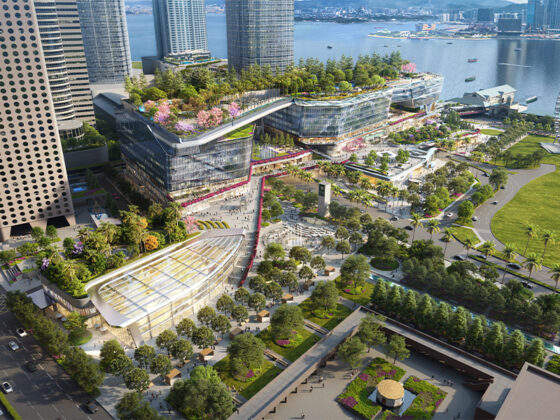Key differences between hotels and motels
1. Location and target guest
Hotels are often found in urban areas, close to business districts, tourist attractions, or transport hubs. They’re ideal for longer or more planned stays. In contrast, motels are typically located along highways or in rural areas, making them a convenient choice for motorists and road-trippers looking for a short pit stop between journeys.
2. Structure and layout
One of the most noticeable differences between a hotel and a motel is their physical structure. Hotels can vary widely in style – whether boutique, luxury, or resort – but they typically occupy multi-story buildings with interior corridors, elevators, and a central lobby that serves as the main entry point. Motels, on the other hand, are usually one or two stories tall, with guest rooms that open directly to the outside or into a parking lot. This layout makes check-in, arrival, and departure fast and convenient-especially for guests traveling by car.
3. Room access
In most motels, guests can access their room directly from the parking area – there’s no need to walk through a lobby or take an elevator. By contrast, accessing a hotel room often involves entering a lobby, checking in at the front desk, and navigating through internal hallways or up to higher floors.
4. Type of accommodation offered
The types of accommodation vary significantly. Hotels offer a range of room categories – from standard to luxury suites – often with stylish interiors and flexible layouts. Motels usually offer more basic accommodation, focused on practicality over design. They’re best suited for guests who want a clean, simple space to rest for the night.
5. Guest profile and purpose of stay
Hotels typically attract a wide audience: business travelers, couples, families, and long-term guests. Motels tend to serve budget-conscious travelers or those in transit, such as motorists on a road trip. Motels are designed for short stays, whereas hotels often support extended stays with services and setups that encourage guests to settle in.
6. Range of amenities
Hotels usually come with a suite of services and amenities like an on-site fitness center, swimming pools, concierge services, bars, and often room service or an on-site restaurant. These features enhance the guest experience and help properties stand out.
Motels typically offer fewer amenities, sticking to the basics such as free parking, Wi-Fi, and sometimes breakfast. The focus is more often than not on convenience, rather than luxury.
Want to offer more memorable touches? Check out the best hotel amenities that truly impress guests.
7. Price and value
Motels generally offer lower prices due to fewer services and simpler setups, which makes them ideal for guests looking for a budget-friendly option for a short timeframe. Hotels, with their broader offering, are priced higher but often deliver greater overall value, particularly for guests staying multiple nights or looking for premium experiences.
8. Check-in process and staffing
In motels, check-in is often fast and minimal, usually at a front office located near the guest rooms. Some motor hotels offer 24-hour front desk service to accommodate unpredictable arrival times. Hotels, especially midscale and upscale properties, may offer more formal front desk interactions, digital check-in options, and more staff support throughout the stay.

How to choose between a motel and a hotel
Purpose of stay
Travelers should consider the purpose of their trip when deciding between a motel or hotel. For short stays during a road trip, a motel is often the more practical and cost-effective choice. For longer trips or business stays, a hotel’s broader range of services makes it a better fit.
Budget considerations
When it comes to comparing affordability and star ratings, a hotel will win on the star ratings whereas a motel is a good choice for affordability. While some budget hotels do exist, motels are often offering the bare minimum, which make them good for short-term stays. Those look for affordable long-term options might want to look for a budget hotel over a motel.
Traveler preferences
Travelers looking for amenities like Wi-Fi and a stellar check-in experience – where they receive a warm welcome and greeting – are more likely to choose a hotel over a motel. For guests who value service and first impressions, that initial interaction can set the tone for the entire stay.
🤝 Want to elevate your check-in game? Here’s how to deliver a memorable welcome and greeting for every guest.

How hotels and motels can attract their ideal guests
Hotels and motels can effectively attract and connect with their ideal guests through targeted, thoughtful marketing. The first step is always to understand who your ideal guest is, what motivates them, and which channels they use to book their stay.
For motels, the target audience often includes travelers looking for a quick, convenient, and affordable stay. To appeal to this diverse group, highlight ease, convenience, ample parking, and location in your marketing. These elements should be front and center in your messaging to show you understand and cater to their needs.
Hotels, on the other hand, should focus on identifying a specific niche – whether it’s leisure travelers, business guests, families, digital nomads, or others. Understanding guest motivation is essential and can vary by season. For example, during summer holidays, if you’re targeting families, emphasize family-friendly services like kids’ camps, multiple pools, beach access, game nights, or organized excursions.
A crucial part of attracting your ideal guest is defining your unique value proposition – what makes your hotel or motel stand out. Once that’s clear, align it with the specific problems or desires of your target audience. Whether you’re running a hotel or a motel, your marketing budget and messaging will differ, but both rely on one key foundation: knowing your guest inside and out.
Conclusion
We’ve explored key considerations for both hoteliers and guests when comparing motels and hotels. Ultimately, understanding your guests – and what they’re truly looking for – is what allows you to deliver an experience that not only meets but exceeds their expectations. The more tailored and thoughtful the experience, the more likely you are to earn repeat business and long-term loyalty.
No matter the type of property, guest satisfaction is the cornerstone of success. And the best way to connect with your guests is by truly understanding them. Want to take it a step further? Discover 15 super easy ways to enhance the guest experience – because at the end of the day, guest loyalty drives your bottom line. It really is that simple.


